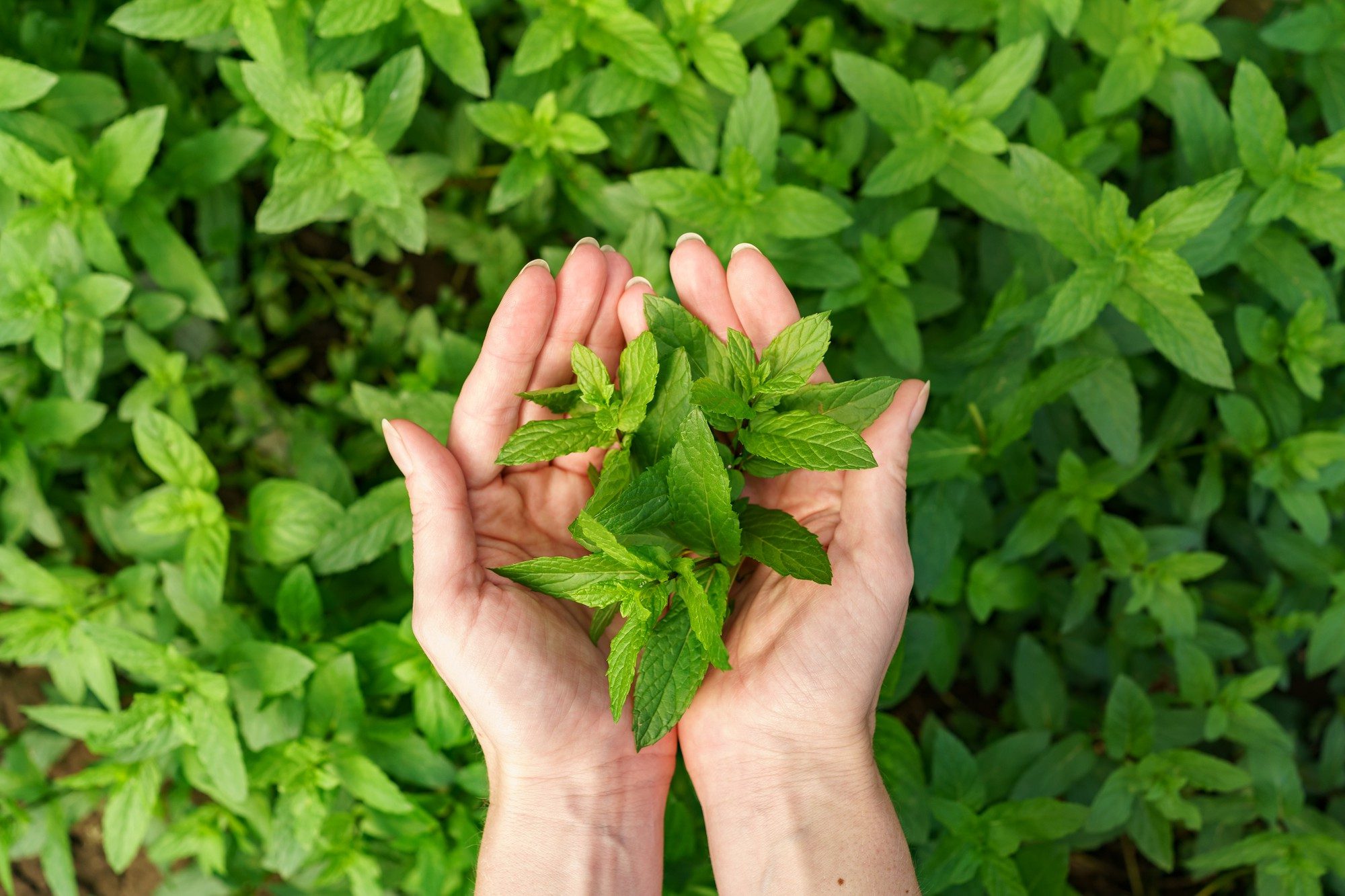
Sowing Seeds of Wellness: Why Indigenous Varieties and Organic Farming Triumph Over GMOs
- October 29, 2023
- 7:17 am

Sowing Seeds of Wellness: Why Indigenous Varieties and Organic Farming Triumph Over GMOs
In the modern age of agriculture, there’s a growing awareness of the importance of preserving indigenous crop varieties and the practice of organic farming. These traditional methods have proven to offer an array of benefits, standing in stark contrast to the widespread adoption of genetically modified organisms (GMOs). In this article, we will delve into the reasons why indigenous varieties and organic farming are increasingly favored, offering a sustainable path towards sowing seeds of wellness for future generations.
The Downside of GMOs
Before we explore the benefits of indigenous varieties and organic farming, let’s briefly examine the downsides of GMOs:
- Biodiversity Loss: The widespread cultivation of GMOs can lead to a reduction in biodiversity, as traditional and indigenous crop varieties may be replaced by genetically engineered varieties.
- Environmental Impact: The use of GMOs often requires the application of chemical herbicides and pesticides, which can have detrimental effects on soil health, water quality, and ecosystems.
- Health Concerns: There are ongoing debates and concerns regarding the potential health impacts of consuming GMOs, though scientific consensus remains inconclusive.
- Economic Dependence: Small-scale farmers may become economically dependent on large corporations that control the seeds and associated agrochemicals, leading to issues of social and economic inequality.
The Advantages of Indigenous Varieties and Organic Farming
1. Preservation of Biodiversity
Indigenous crop varieties, also known as heirloom or heritage crops, contribute to the preservation of agricultural biodiversity. By maintaining a wide variety of crops, farmers can protect genetic diversity, ensuring the resilience and adaptability of agriculture in the face of changing environmental conditions.
2. Nutritional Richness
Indigenous crop varieties are often more nutritionally rich compared to their genetically modified counterparts. They provide a diverse array of nutrients, flavors, and textures, contributing to a balanced and healthy diet.
3. Environmental Sustainability
Organic farming practices prioritize soil health, water conservation, and ecological balance. By avoiding synthetic pesticides and fertilizers, organic farming reduces the environmental impact of agriculture, promoting sustainable land management.
4. Community Empowerment
The cultivation of indigenous crop varieties and organic farming practices empower Indigenous communities and small-scale farmers. It allows them to maintain control over their seeds and agricultural practices, fostering self-sufficiency and resilience.
5. Preservation of Traditional Knowledge
Indigenous crop varieties and organic farming methods are deeply rooted in traditional agricultural knowledge passed down through generations. By continuing these practices, communities can preserve their cultural heritage and agricultural wisdom.
6. Enhanced Biodiversity and Ecosystem Services
Organic farming promotes the presence of beneficial insects, birds, and microorganisms, enhancing biodiversity and ecosystem services. These natural predators help control pests and diseases, reducing the need for chemical interventions.
7. Economic Viability
While organic farming may have lower yields initially, it often proves to be economically viable in the long run. Organic produce can command higher prices in the market, and the reduced reliance on expensive agrochemicals can lead to cost savings for farmers.
Sowing Seeds for the Future
In conclusion, the adoption of indigenous crop varieties and organic farming practices offers a holistic and sustainable approach to agriculture. By prioritizing biodiversity, nutritional richness, environmental sustainability, and community empowerment, these practices contribute to the overall wellness of our planet and its inhabitants. As consumers become increasingly conscious of the impact of their choices, the demand for organic and heirloom products continues to rise. Sowing the seeds of wellness through indigenous varieties and organic farming is not just a nostalgic nod to the past, but a forward-thinking strategy for a healthier, more sustainable future.
SHARE ARTICLE VIA :
You May Also Like…

